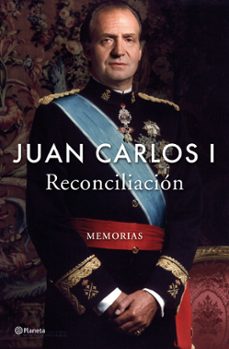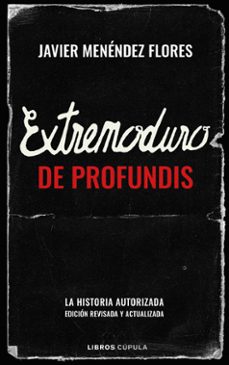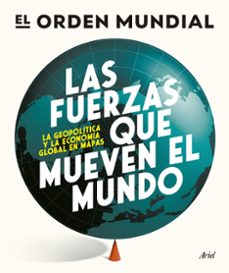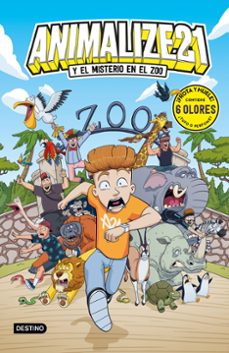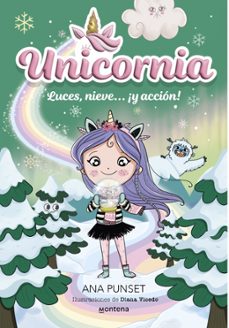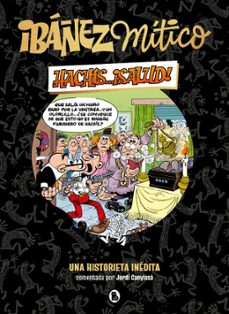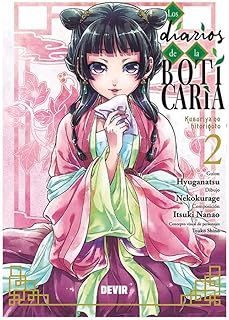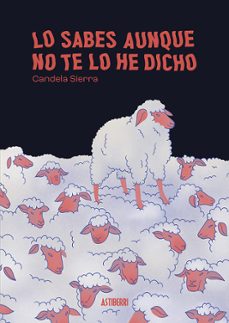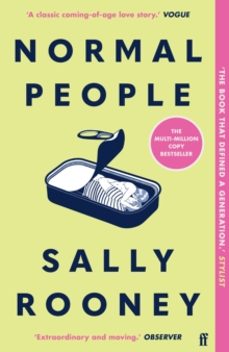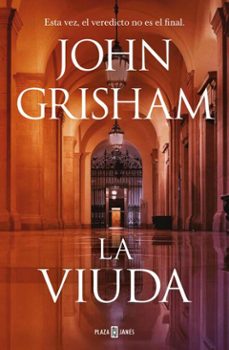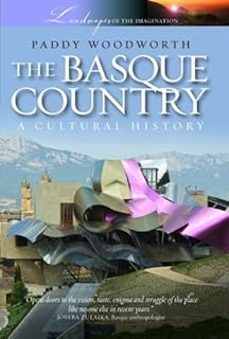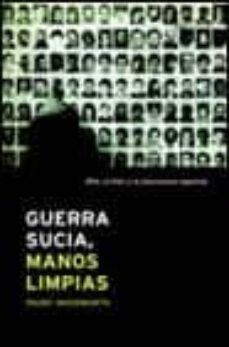Imprescindibles
Ficción
No Ficción
Ciencias y tecnología Biología Ciencias Ciencias naturales Divulgación científica Informática Ingeniería Matemáticas Medicina Salud y dietas Filología Biblioteconomía Estudios filológicos Estudios lingüísticos Estudios literarios Historia y crítica de la Literatura
Humanidades Autoayuda y espiritualidad Ciencias humanas Derecho Economía y Empresa Psicología y Pedagogía Filosofía Sociología Historia Arqueología Biografías Historia de España Historia Universal Historia por países
Infantil
Juvenil
#Jóvenes lectores Narrativa juvenil Clásicos adaptados Libros Wattpad Libros Booktok Libros de influencers Libros de Youtubers Libros Spicy Juveniles Libros LGTBIQ+ Temas sociales Libros ciencia ficción Libros de acción y aventura Cómic y manga juvenil Cómic juvenil Manga Shonen Manga Shojo Autores destacados Jennifer L. Armentrout Eloy Moreno Nerea Llanes Hannah Nicole Maehrer
Libros de fantasía Cozy Fantasy Dark academia Hadas y Fae Romantasy Royal Fantasy Urban Fantasy Vampiros y hombres lobo Otros Misterio y terror Cozy mistery Policiaca Spooky Terror Thriller y suspense Otros
Libros románticos y de amor Dark Romance Clean Romance Cowboy Romance Mafia y amor Romance dramatico Romcom libros Sport Romance Otros Clichés Enemies to Lovers Friends to Lovers Hermanastros Slow Burn Fake Dating Triángulo amoroso
Cómic y manga
Novela gráfica Novela gráfica americana Novela gráfica europea Novela gráfica de otros países Personajes, series y sagas Series y sagas Star Wars Superhéroes Cómics DC Cómics Marvel Cómics otros superhéroes Cómics Valiant
eBooks
Literatura Contemporánea Narrativa fantástica Novela de ciencia ficción Novela de terror Novela histórica Novela negra Novela romántica y erótica Juvenil Más de 13 años Más de 15 años Infantil eBooks infantiles
Humanidades Autoayuda y espiritualidad Ciencias humanas Economía y Empresa Psicología y Pedagogía Filosofía Historia Historia de España Historia Universal Arte Cine Música Historia del arte
Ciencia y tecnología Ciencias naturales Divulgación científica Medicina Salud y dietas Filología Estudios lingüísticos Estudios literarios Historia y crítica de la Literatura Estilo de vida Cocina Guías de viaje Ocio y deportes
PADDY WOODWORTH
Recibe novedades de PADDY WOODWORTH directamente en tu email
Filtros
Del 1 al 4 de 4
YALE UNIVERSITY PRESS 9780300097504
Spain's transition from the Franco dictatorship to a democratic state has been widely regarded as exemplary. However, this powerfully written book reveals that as Spain's first post-transition government attempted to destroy the Basque separatist group ETA, it adopted the very policies of indiscriminate terror that had characterized Franco's authoritarian regime and ETA's own strategy. Furthermore, the anti-terrorist liberation group GAL was organized and secretly funded by the government. For this paperback edition the text has been revised and thoroughly updated. "A balanced, finely documented tale of how easily democratic institutions can run off the rails."—Rod Usher, Time Magazine "A complex and disturbing story magisterially deconstructed and retold . . . One of the most important books about post-Franco Spain ever published."—Paul Preston, Irish Times "[Woodworth's] writing has edge as well as elegance . . . [A] scholarly and superbly told story . . . all the hallmarks of a classic."—Eoghan Harris, Sunday Times "A brilliant piece of investigative journalism that deserves to be read … Having mastered the labyrinth of evidence and conflicting conspiracy theories [Woodworth] takes us on a thrilling and sometimes gruesome narrative journey."—Sebastian Balfour, Times Literary Supplement Paddy Woodworth was assistant foreign desk editor at The Irish Times with responsibility for Spanish and Latin American coverage.
Ver más
Tapa blanda
SIGNAL BOOKS 9781904955313
The basque country is a land of fascinating paradoxes and enigmas. home to one of europes oldest people and most mysterious languages, with a living folklore rich in archaic rituals and dances, it also boasts a dynamic post-modern energy, with the reinvention of bilbao creating a model for the twenty-first-century city of cultural services and information technologies. hugging the elbow of the bay of biscay on both the french and spanish sides of the pyrenees, this small territory abounds in big contrasts, ranging from moist green valleys to semi-desert badlands, from snowy sierras to sandy beaches, from harsh industrial landscapes to bucolic beech woods. this often idyllic scenery is the stage for fierce political passions. almost every aspect of the basque country generates passionate disagreement, even its precise location. spanish and french centralism, often authoritarian and sometimes brutal, has met with resistance for two centuries. most recently and notoriously eta, a terrorist group with deep popular support, has engaged in a bloody 45-year conflict. but, many basques consider themselves full french or spanish citizens, and fear political and linguistic exclusion under basque nationalist rule. land of ancient and modern culture: basque is a land of ancient and modern culture: basque poets still compose spontaneous stanzas in public contests, but the region has also produced novelists like pio baroja and bernardo atxaga, sculptors like chillida, painters like zuluoaga, and cineastes like julio medem. strange sports and fiestas: rock-lifting, grass-scything, goose-decapitation - ancient agricultural practices generate a host of contests still common at fiestas, which also feature dancers costumed as horses, witches, and ancient deities. the guggenheim and gastronomy: it also boasts of the guggenheim and gastronomy: bilbaos flagship museum may be the best building of the last century; its restaurant is one of thousands which produces some of the best meals in the world.
Ver más
Tapa blanda
CRITICA 9788484323396
Entre el otoño de 1983 y el verano de 1987 los llamados Grupos Antiterroristas de Liberación (GAL) arrojaron bombas en calles concurridas, dispararon a mansalva en bares llenos de gente, secuestraron, torturaron y practicaron el terrorismo indiscriminado matando a veintisiete personas e hiriendo a treinta mas. Esta es la escueta realidad de una acciones emprendidas por un grupo de individuos que, azuzados, tolerados o amparados por el poder legalmente constituido, decidio combatir a ETA con sus mismas armas. Desde entoncer el GAL y su tenebrosa historia pesan como una losa sobre la democracia española, obligada por la etica y por la historia a acabar con los demonios nacidos en su seno con la misma contundencia con que ha denunciado los horrores del franquismo y del terrorismo.
Ver más
Tapa dura
OXFORD UNIVERSITY PRESS 9780195328004
The Basque Country is a land of fascinating paradoxes and enigmas. Home to one of Europe's oldest peoples and most mysterious languages, with a living folklore rich in archaic rituals and dances, it also boasts a dynamic modern energy, with the reinvention of Bilbao creating a model for the twenty-first-century city. In The Basque Country, Paddy Woodworth takes us on a sweeping tour of this enchanting land. We discover a small territory which abounds in big contrasts, ranging from moist green valleys to semi-desert badlands, from snowy sierras to sandy beaches, from harsh industrial landscapes to bucolic beech woods. The book reveals how this often idyllic scenery forms the backdrop for a land of ancient and modern culture, where Basque poets still compose spontaneous stanzas in public contests and where strange age-old sports--rock lifting, goose decapitation--are still held at fiestas. Likewise, the region has made important contributions to modern culture, through novelists like Bernardo Atxaga, sculptors like Eduardo Chillida, painters like Zuluoaga, and cineastes like Julio Medem. And of course Bilbao's flagship museum, the Guggenheim, designed by Frank O. Gehry, may be the best work of architecture of the last century. Here then is a marvelous guide to the culture and landscape of one of the most intriguing places on Earth.
Ver más
Tapa dura
Del 1 al 4 de 4

